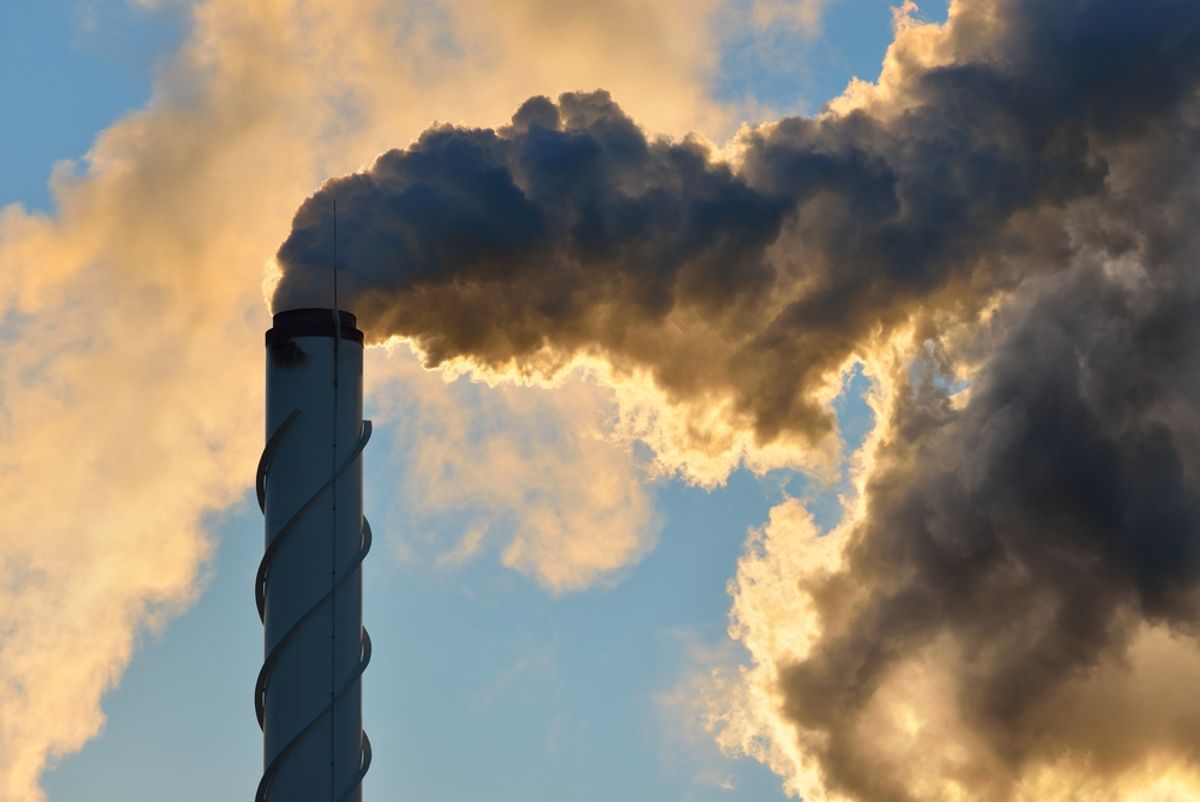Implementing the EPA's proposed power plant rules -- which would require cutting carbon pollution 30 percent by 2030 -- isn't going to come without costs, but states are "well positioned" to rise to the challenge, an independent study found.
The report, which comes from Analysis Group, studied states that have already taken steps to reduce carbon pollution from power plants. So far, it found, those states are seeing a net increase in economic output and employment. By "thoughtfully" implementing the EPA rules, the researchers say, the rest should be able to achieve the same. The costs of compliance, it also found, "will be much lower than the benefits to public health and to the overall economy from lower CO2 and other air emissions.” Moreover, it supports the EPA's assertion that while electricity rates may rise a bit in the short-term, overall power costs will eventually fall.
“Several states have already put a price on carbon dioxide pollution, and their economies are doing fine," Analysis Group senior adviser Susan Tierney said in a statement. "The bottom line: the economy can handle – and actually benefit from – these rules.”
The EPA is asking a federal judge to dismiss the lawsuit filed against it by coal company Murray Energy, joined by nine U.S. states, which calls the regulations "illegal, irrational and radical" and contends that the agency failed to take the rules' potential impact on employment and energy prices into consideration.



Shares